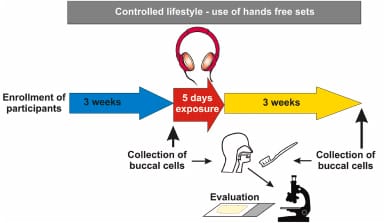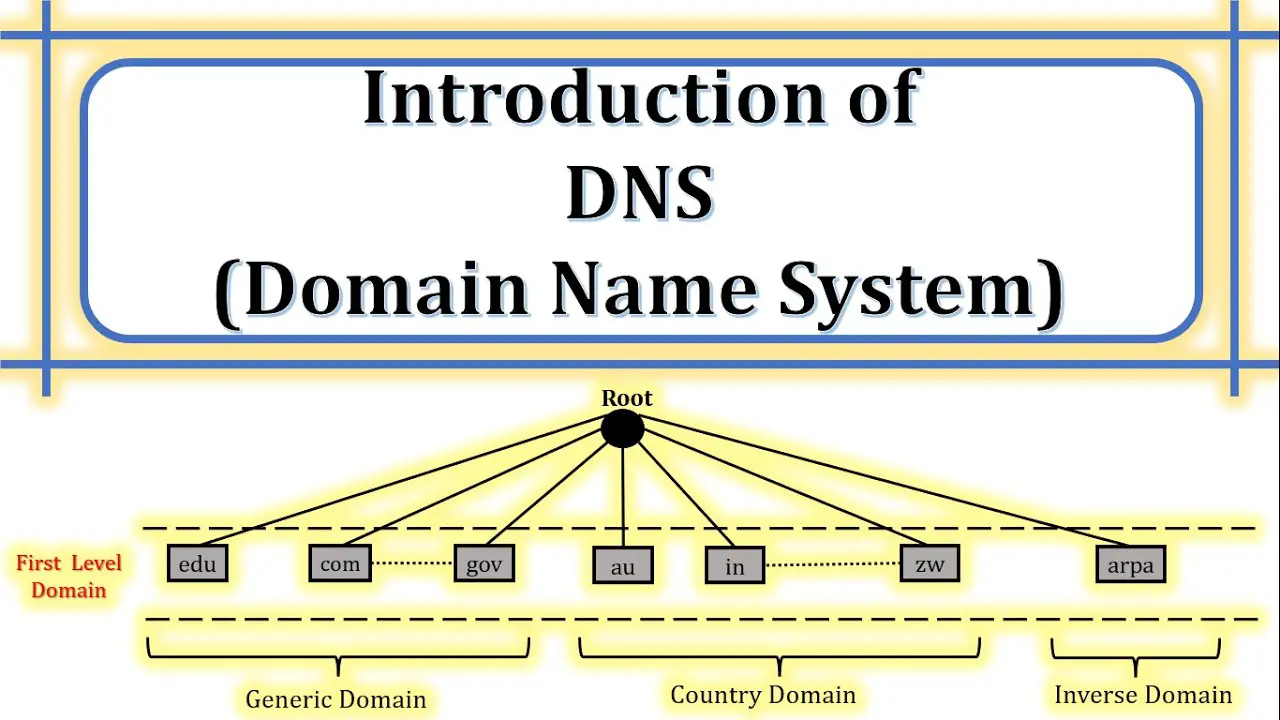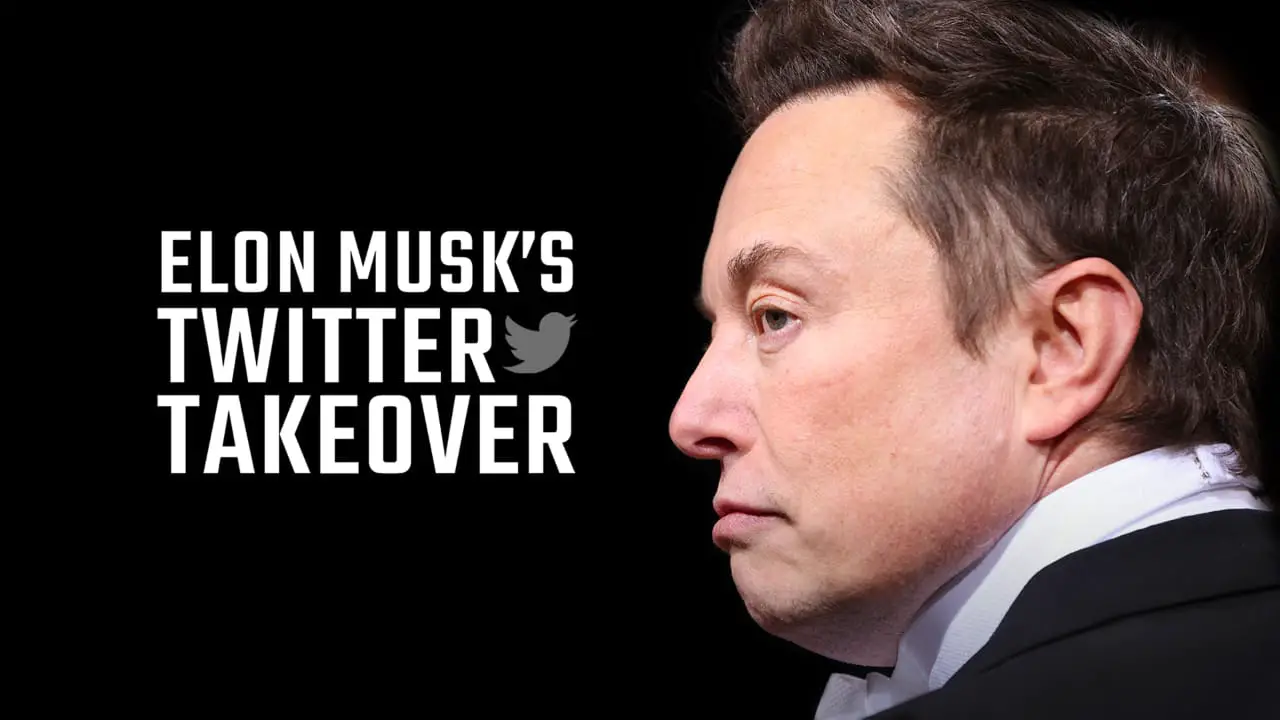Medical consultation apps are digital platforms that enable individuals to access healthcare services and professional medical advice remotely through their smartphones, tablets, or computers. These apps connect users with licensed healthcare providers, including doctors, nurses, and specialists, facilitating virtual consultations and medical assessments.
Users typically initiate these consultations by creating an account, describing their symptoms, and scheduling an appointment. During the consultation, users can discuss their health concerns, receive medical advice, obtain prescriptions, and, in some cases, even receive referrals for further in-person care.
Medical consultation apps offer convenience, accessibility, and flexibility, making healthcare services more readily available to a broader population. They are particularly valuable for minor illnesses, routine check-ups, prescription refills, and non-emergency medical inquiries. However, they are not a substitute for emergency medical care and are not suitable for all medical conditions.
Overall, medical consultation apps play a pivotal role in modern healthcare by leveraging technology to bridge the gap between patients and healthcare professionals, enhancing healthcare accessibility, and improving healthcare delivery.
Development History of Medical Consultation Apps
The development history of medical consultation apps can be traced back to the emergence of mobile technology and the growing demand for convenient healthcare services. Here is an overview of the key milestones and developments in the history of medical consultation apps:
1. Early 2000s: Telemedicine Emerges
- The concept of telemedicine, which includes remote consultations with healthcare professionals, begins to gain traction.
- The proliferation of mobile devices and the internet lays the groundwork for future medical consultation apps.
2. Mid-2000s: Rise of Telehealth Services
- Telehealth platforms start to appear, enabling patients to consult with healthcare providers remotely using video calls, phone calls, or secure messaging.
- Companies like Teladoc, founded in 2002, play a significant role in advancing telehealth services.
3. Late 2000s: First Medical Apps
- The first medical apps for smartphones start to emerge, providing information about diseases, medications, and general health advice.
- Examples include WebMD’s mobile app and Epocrates, a drug reference app.
4. Early 2010s: Growth of Mobile Health (mHealth)
- The mHealth industry expands rapidly, with developers creating apps for monitoring health conditions, tracking fitness, and providing healthcare information.
- Telemedicine apps begin to gain popularity, enabling video consultations with doctors.
5. 2010-2015: Regulatory Changes
- Regulatory bodies like the U.S. FDA start to develop guidelines and regulations for medical apps, ensuring safety and efficacy.
- This period sees the emergence of secure and HIPAA-compliant medical consultation apps like Doctor on Demand and Amwell.
6. Mid-2010s: Integration with Electronic Health Records (EHRs)
- Medical consultation apps begin integrating with electronic health records (EHRs) to provide a seamless experience for both patients and healthcare providers.
- This integration enhances the sharing of patient data and medical history.
7. Late 2010s: Investment and Expansion
- Venture capital and healthcare organizations invest heavily in the development of medical consultation apps, leading to significant growth in the sector.
- Large healthcare systems and hospitals start launching their own telemedicine platforms.
8. 2020-Present: Accelerated Adoption
- The COVID-19 pandemic accelerates the adoption of medical consultation apps, as they offer a safe and convenient way to receive healthcare services while minimizing physical contact.
- Telemedicine platforms see a surge in users, and regulatory barriers are further relaxed to facilitate remote healthcare delivery.
9. Ongoing Innovation
- Medical consultation apps continue to evolve with advancements in technology, including the use of artificial intelligence (AI) for triage, virtual health assistants, and remote monitoring of chronic conditions.
- Integration with wearables and IoT devices is becoming more common, allowing for real-time health data collection.
10. Future Trends
- The future of medical consultation apps may involve greater personalization, AI-driven diagnostics, and improved interoperability with healthcare systems.
- Continued regulatory developments will shape the landscape, as governments seek to balance innovation with patient safety.
The history of medical consultation apps reflects the ongoing transformation of healthcare delivery, with technology playing a pivotal role in providing accessible and convenient healthcare services to patients worldwide.
Examples of Medical Consultation Apps
there were several medical consultation apps and telemedicine platforms available. Please note that the availability and popularity of these apps may have changed since then, and new apps may have emerged. Here are some examples of medical consultation apps that were known at the time:
- Teladoc: Teladoc is one of the largest and most well-known telemedicine platforms. It connects users with licensed healthcare providers for a wide range of medical issues through video, phone, or online messaging.”www.teladoc.com,”
- Amwell: Amwell offers virtual doctor visits with board-certified physicians, therapists, and specialists. It covers various medical conditions and provides on-demand access to healthcare professionals.”https://www.amwell.com/“
- Doctor On Demand: This app provides video visits with licensed physicians, psychiatrists, and psychologists. It also offers access to urgent care and preventive health services.
- MDLIVE: MDLIVE connects patients with doctors, therapists, and specialists for a variety of medical needs. Users can access healthcare services through video or phone consultations.
- Curofy: Curofy is a medical networking app designed for healthcare professionals. It allows doctors to connect, discuss cases, and consult with their peers, making it a valuable resource for medical professionals.
- PlushCare: PlushCare offers virtual doctor appointments with primary care physicians and specialists. Users can consult with healthcare providers via video or phone calls.
- Zocdoc: While not a telemedicine app in the traditional sense, Zocdoc helps users find and book in-person appointments with healthcare providers, including doctors, dentists, and specialists.
- K Health: K Health combines AI-driven symptom checking with virtual doctor consultations. Users can get an initial assessment and then connect with a healthcare provider if needed.
- Maple: Maple is a Canadian telemedicine platform that offers video consultations with Canadian doctors for a wide range of health concerns.
- Push Doctor: This app connects users with UK-based doctors for virtual appointments, prescriptions, and medical advice.
- Ping An Good Doctor: This is a Chinese telehealth platform that offers online consultations with licensed doctors and healthcare services such as prescription delivery.
- Babylon Health: Babylon Health provides virtual consultations with doctors and allows users to monitor their health through its AI-powered chatbot.”https://www.babylonhealth.com/“
Uses of Medical Consultation Apps
Medical consultation apps have gained popularity in recent years due to their convenience and accessibility. They offer a range of uses and benefits, including:
- Remote Consultations: Users can connect with healthcare providers, such as doctors, nurses, or specialists, from the comfort of their homes. This is particularly valuable for people who have mobility issues, live in remote areas, or have busy schedules.
- Quick Access to Healthcare: Medical consultation apps provide immediate access to medical professionals, reducing the need for long wait times at clinics or emergency rooms.
- Convenient Prescription Refills: Users can request prescription refills through these apps, saving time and effort compared to in-person visits.
- Medical Advice: Patients can seek medical advice for non-emergency situations, helping them make informed decisions about their health.
- Mental Health Support: Some apps offer mental health services, including therapy and counseling, which can be crucial for managing conditions like anxiety and depression.
- Specialist Consultations: Users can access specialists who may not be available in their local area, ensuring they receive expert advice and care.
- Follow-Up Appointments: Patients can schedule and attend follow-up appointments more easily, improving their continuity of care.
- Health Monitoring: Some apps allow users to track their health metrics, such as blood pressure, blood glucose levels, and weight, and share this data with healthcare providers for better monitoring and management of chronic conditions.
- Second Opinions: Patients can seek second opinions from different healthcare professionals without the need for additional in-person visits.
- Access to Health Information: Many medical consultation apps provide reliable health information, educational resources, and symptom checkers to help users make informed decisions about their health.
- Prescription Delivery: Some apps offer prescription delivery services, making it more convenient for users to obtain their medications.
- Emergency Services: In some cases, these apps can help users connect with emergency services or provide guidance during urgent situations.
- Reduced Healthcare Costs: Virtual consultations may be more cost-effective for patients, as they can save on transportation and other associated expenses.
- Health Records Management: Users can often store and access their health records digitally, which can be helpful for keeping track of their medical history and sharing it with different healthcare providers.
- Language Accessibility: These apps can bridge language barriers by offering consultations in multiple languages, making healthcare more accessible to diverse populations.
Facts, Features and Functions of Medical Consultation Apps
Medical consultation apps are digital platforms that provide a wide range of services related to healthcare, including connecting patients with healthcare professionals, offering medical advice, and facilitating the management of health-related information. Here are some facts, features, and functions commonly associated with these apps:
Facts:
- Accessibility: Medical consultation apps offer convenient access to healthcare services, allowing patients to consult with healthcare professionals from the comfort of their own homes or any location with an internet connection.
- Variety of Professionals: These apps typically connect users with a range of healthcare professionals, including doctors, nurses, therapists, and specialists.
- Digital Health Records: Many medical consultation apps enable users to maintain digital health records, including medical history, prescriptions, and test results.
- Prescription Services: Some apps allow healthcare providers to prescribe medications, which can often be delivered directly to the patient’s doorstep.
- Remote Monitoring: For chronic conditions, some apps offer remote monitoring options that allow healthcare professionals to track a patient’s progress over time.
Features:
- Video and Audio Consultations: Users can schedule virtual appointments with healthcare professionals through video or audio calls, enabling real-time communication.
- Chat and Messaging: Text-based chat features allow users to communicate with healthcare providers for non-urgent questions and advice.
- Appointment Scheduling: Users can book appointments with healthcare professionals at their convenience, reducing wait times.
- Secure Messaging: Many apps prioritize data security and use encrypted messaging to protect user information.
- Symptom Checkers: Some apps offer symptom checkers and self-assessment tools to help users determine whether they need medical attention.
- Medication Reminders: Users can set up medication reminders to ensure they take their prescribed medications on time.
- Teletherapy: In addition to medical consultations, some apps offer mental health services, including therapy sessions conducted through video or audio calls.
Functions:
- Diagnosis and Treatment: Medical consultation apps allow healthcare professionals to diagnose and treat a wide range of medical conditions, both acute and chronic.
- Second Opinions: Users can seek second opinions from specialists to ensure they are receiving the most appropriate care.
- Health Education: These apps often provide educational resources and information about various medical conditions, treatments, and lifestyle recommendations.
- Prescription Renewals: Users can request prescription renewals from their healthcare providers through the app.
- Referrals: If needed, healthcare professionals can refer patients to in-person specialists or additional diagnostic tests.
- Insurance Integration: Some apps integrate with health insurance providers, making it easier for users to submit claims and access coverage information.
- Emergency Services: While not a replacement for emergency care, some apps provide guidance in emergency situations and can connect users to nearby healthcare facilities.
Conclusion
Medical consultation apps have emerged as a valuable and convenient healthcare resource, offering patients easier access to healthcare professionals and reducing barriers to seeking medical advice. These apps have the potential to enhance healthcare accessibility, especially in remote or underserved areas. However, it is crucial to ensure the security of patient data and maintain the quality of care provided through these platforms. Continued advancements in technology and regulatory oversight will play a vital role in optimizing the benefits and addressing the challenges associated with medical consultation apps. Overall, they represent a promising avenue for improving healthcare delivery and patient outcomes.







Leave a Reply